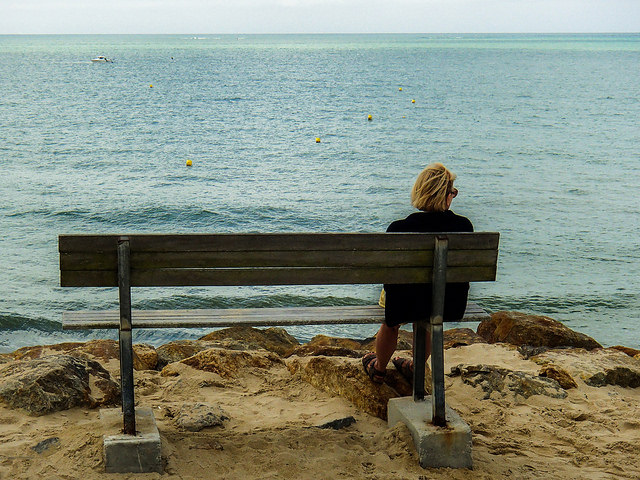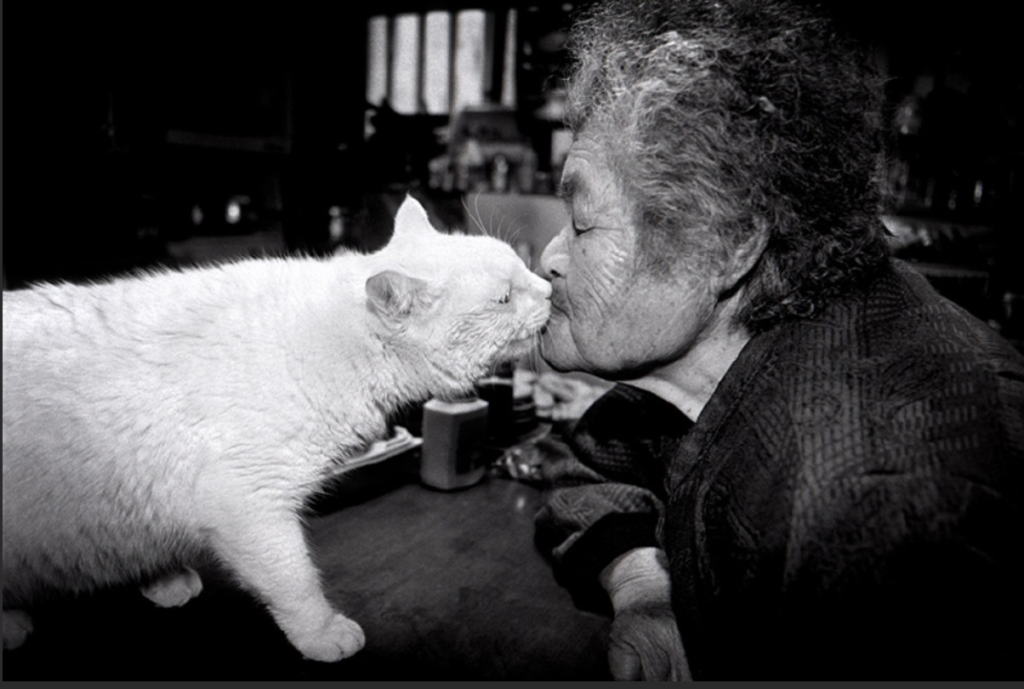From time to time, I will publish a post for “Flashback Friday” from my prior blog. This post was first published in February, 2013. It remains relevant in that many older single women function well living solo. But when they experience loneliness, they feel unable to fess up to it because they are regarded as “strong,” or not needing anyone.
A neighbor, an elderly woman, who’s been through the mill caring for a husband with Alzheimer’s is referred to as a “strong woman.” I know several Maine women, well into their ‘70’s and ‘80’s, who have carved out self-sufficient rural lifestyles, including chopping their own firewood. They too are called “strong women.” I even get this label myself when, as a single woman, I attend plays and concerts alone or take a trip by myself.
On close examination I find the ‘strong woman’ tag disconcerting. Often it serves to isolate the woman in question.
When I verbalize concern for my elderly caretaker neighbor or those women I know who are getting a bit too old to live alone in the boondocks, I’m often dismissed in terms of, “She’s a strong woman.” Translation: ‘Don’t worry about her. She’s up to the task at hand.’ Does this response invalidate the needs of a self-sufficient woman? And does it reflect a growing tendency away from community by finding an excuse not to reach out to a woman alone?
Research findings from Wellesley College’s Stone Center on Female Development conclude that women, due to their affiliative nature, are drawn towards connection and when they cannot respond authentically they feel disconnected.
Does it follow that the “Strong Woman” is forced into a box where others see her aloneness as a strength, preventing her from admitting to those times when she feels lonely or desires connection?
Hannah, the Mia Farrow character in the film, “Hannah and Her Sisters,” is viewed as the strong sister, the first to be called upon when a family member is in crisis. When Hannah’s husband comments on her fortitude, Hannah uncharacteristically breaks down and confesses, “But I have enormous needs.” Her husband is so taken aback that words fail him.
The ‘Strong Woman’ is seen as resilient—considered a masculine value by the Stone Center. I’m reminded of the military training that one sucks up difficulties and moves on.
If women thrive on connection, resilience that silences becomes another form of isolation and a disingenuous female response.
Men need connection too. Close friendships and family relationships are considered essential for one’s mental health regardless of gender.
The Stone Center findings remind us that helping others is the key to building compassion. In a world that has become increasingly violent and disconnected, we will all be enriched if we extend a helping hand and warm heart to one another.
The next time someone describes an acquaintance as “a strong woman,” smile and make a mental note to reach out to her.



